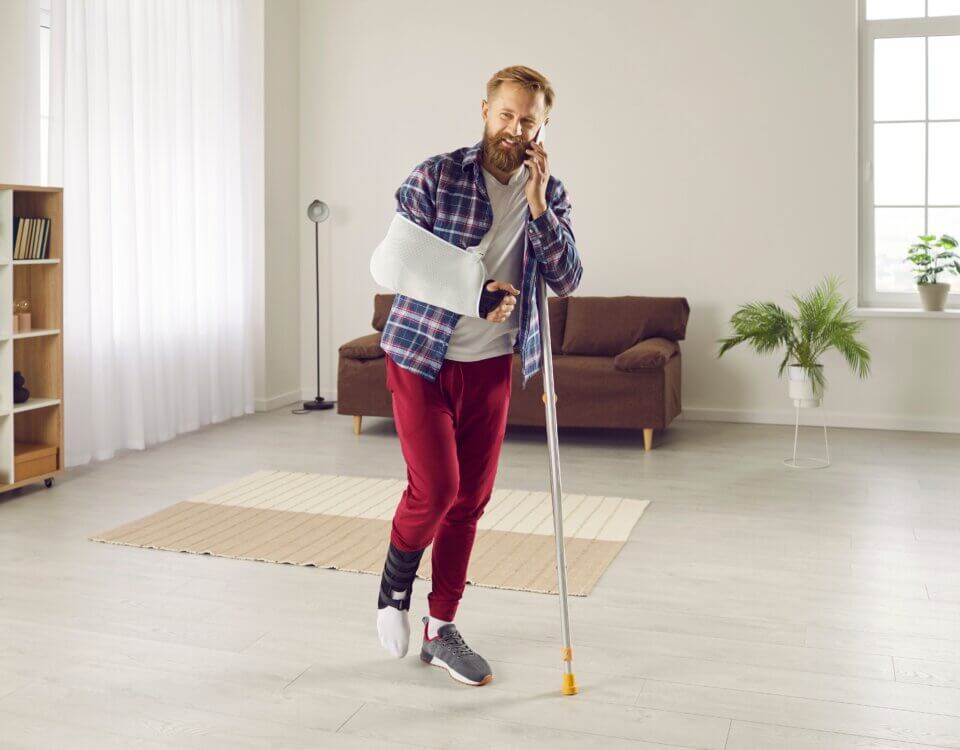When someone is harmed because of another person’s careless or wrongful actions, two legal terms often come up: tort law and personal injury law. While they are closely related, they are not exactly the same. Knowing how they differ can help you protect your rights, meet important deadlines, and build a stronger case. At Hillstone Law, we want our clients to understand where their case fits.
What Tort Law Means
Tort law is a broad category of law that deals with civil wrongs. These are harms someone suffers because of someone else’s conduct, not crimes and not contract disputes. Tort law allows people to seek monetary compensation for harm caused by another’s actions.
There are several types of torts:
Intentional torts where the person meant to do something that caused the harm such as assault or battery
Negligence when someone fails to take reasonable care like running a red light or failing to keep property safe
Strict liability in which the law holds a person or company responsible for harm even if they were not negligent such as in certain product defect cases or activities considered especially dangerous
Under tort law, damages you recover might include medical bills, lost wages, pain and suffering, and other losses designed to make you whole again.
What Personal Injury Law Covers
Personal injury law is a part of tort law. It focuses specifically on harm to a person’s body, mental health, or emotional well being. Common personal injury cases include car accidents, slip and falls, medical malpractice, dog bites, and defective product injuries.
Key elements in personal injury cases usually include:
A duty of care owed by the defendant
A breach of that duty
Causation meaning the breach led to the injury
Damages suffered by the victim
Because personal injury is about harm to people rather than purely financial or property damage, the kind of proof, damages, and experts involved tend to reflect that focus.
Key Differences That Matter
Here are some of the main ways tort law and personal injury law differ in practice:
Scope Tort law covers a wide range of harms, not just physical injuries. It includes property damage, reputational harm, economic harms, and more. Personal injury law is narrower, focusing on physical or emotional injury.
Damages In personal injury cases, the emphasis is on medical expenses, pain and suffering, loss of wages, future care needs, and emotional trauma. In broader tort cases, the damages might include other kinds of losses such as repair or replacement of property, reputational injury, or economic loss.
Evidence and Experts Personal injury cases often require medical records, treating doctors, possibly specialized medical or psychological experts, accident reconstruction, and similar resources. Tort cases outside personal injury might rely more on economic experts, documentation of financial loss, or property appraisals.
What It Means for You if You Have Been Harmed
If you have been hurt because of someone else’s conduct and you believe you have a personal injury claim, here are steps you should keep in mind:
Seek medical treatment right away and keep records of diagnosis, treatment, and recovery
Document everything including the accident scene, witnesses, photos, and any communications related to the incident
Talk with an attorney experienced in personal injury law who can assess whether your harm fits under personal injury or another kind of tort claim
Be aware of California’s legal deadlines so you do not lose your right to seek compensation
Why Hillstone Law Can Help
Hillstone Law is experienced in both tort law and personal injury law. We specialize in helping clients understand where their case fits, gathering the right evidence, working with appropriate experts, and advocating for full compensation. We operate on a contingency basis so you pay nothing unless we recover for you. Reach out for a free consultation so we can review your situation, explain whether your case is a personal injury case, what damages you may be able to recover, and map out the best path forward.
Note: These blog posts are created solely for the use of Hillstone Law. The information is gathered from internet research, publicly available sources, and artificial intelligence (AI) tools such as ChatGPT. While we aim to share helpful and educational content, Hillstone Law does not independently verify every detail. Some information may be incomplete, outdated, or subject to change without notice. If you believe any part of a post is inaccurate, misleading, or infringes upon copyright, please contact Hillstone Law immediately so we can review it and take appropriate action, including correction or removal.
Disclaimer: The material provided in these blogs is for general informational purposes only and should not be considered legal advice. Reading these posts does not create, and is not intended to create, an attorney-client relationship with Hillstone Law. Our intent is to share knowledge, raise awareness, and provide helpful resources to the public; however, Hillstone Law makes no warranties or guarantees about the accuracy, completeness, or reliability of the information provided, and expressly disclaims liability for any actions taken in reliance on it. The photos used in these posts are for illustrative purposes only and do not depict actual clients, individuals, or incidents unless expressly stated. If you or a loved one has been injured in an accident, please contact Hillstone Law at (855) 691-1691. Our attorneys are available to answer your legal questions and help you understand your rights.








